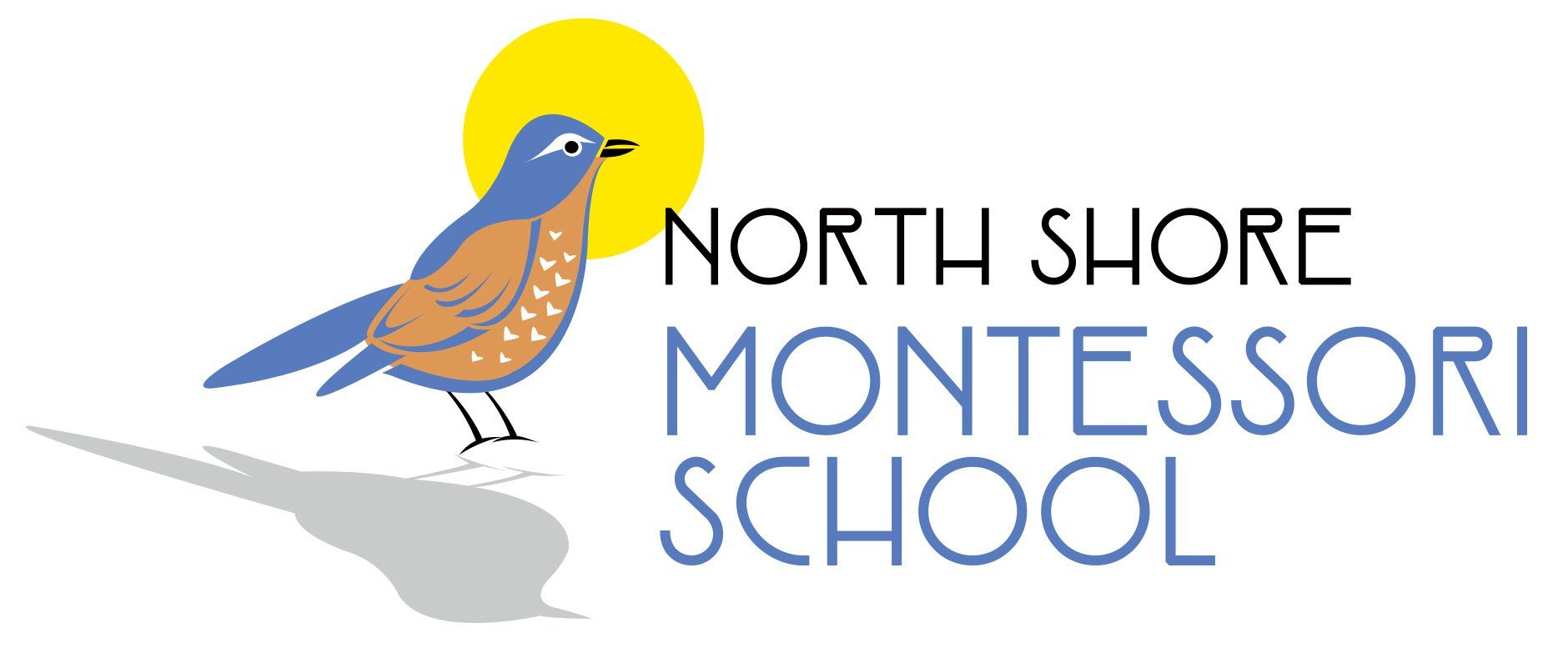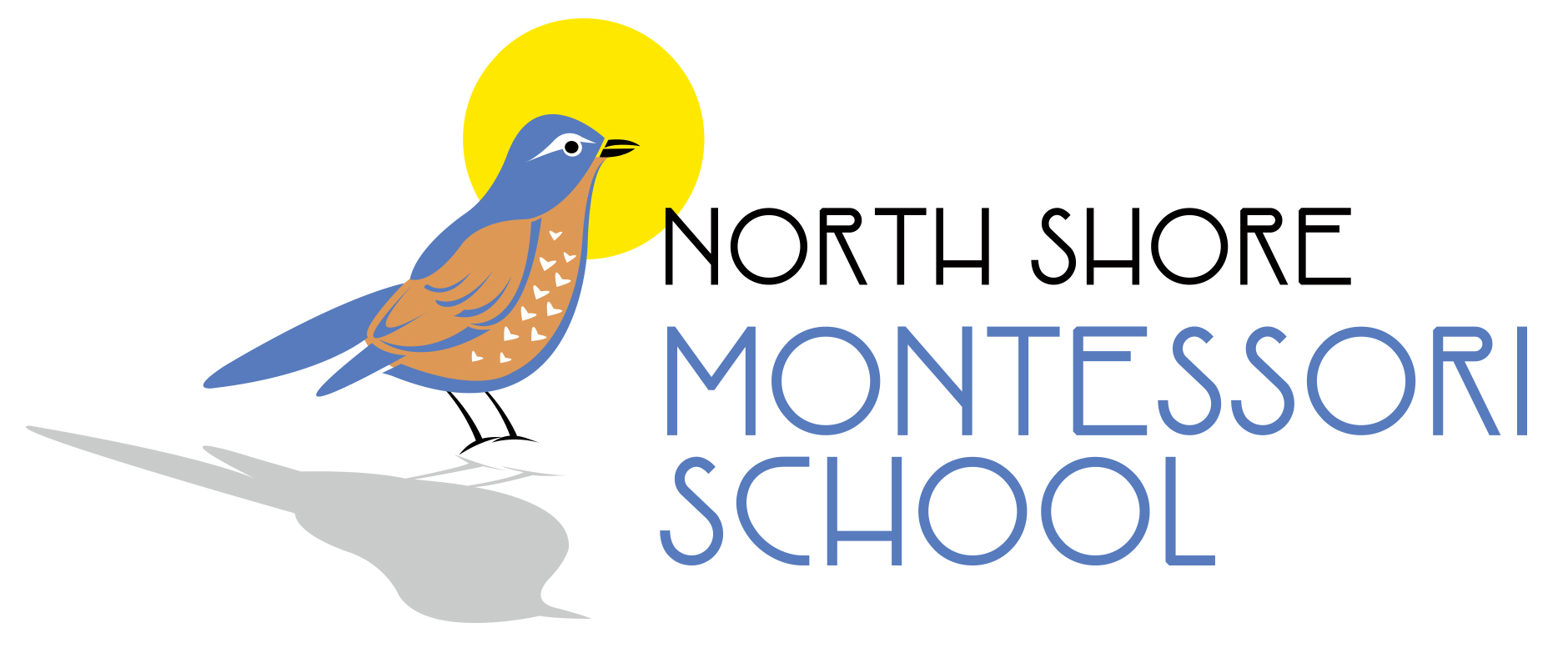Frequently Asked Questions
About Montessori Education
Here are some of the questions we hear most often about Montessori education...
-
What is the difference between Montessori and traditional education?
Children in Montessori classrooms learn at their own, individual pace and according to their own choice of activities. Instead of sitting at desks and listening to a teacher talk at them, students engage in individual or group activities with hands on materials. Learning is an exciting process of discovery, leading to concentration, motivation, self-discipline, and a love of learning. There is great respect for the choices of the children, but they easily keep up with or surpass what they would be doing in a more traditional setting. There is no wasted time and children enjoy their work and study. The children understand that learning comes from sharing and inspiring each other instead of competing.
-
Are Montessori schools as academically rigorous as traditional schools?
Yes; Montessori classrooms encourage deep learning of the concepts behind academic skills, rather than rote practice of abstract techniques. The success of our students appears in the experiences of our alumni, who compete successfully with traditionally educated students in a variety of high schools and universities.
-
Why does Montessori have multi-age classrooms?
Multi-age classrooms afford us the luxury of adapting the curriculum to the individual child. Each child can work at his or her own pace, while remaining in community with his or her peers. In addition, the multi age format allows all older children to be the leaders of the classroom community even those children who may be shy or quiet.
-
Montessori classrooms don’t look like regular classrooms. Where are the rows of desks? Where is the teacher's desk?
The different arrangement of a Montessori classroom mirrors the Montessori methods differences from traditional education. Rather than putting the teacher at the focal point of the class, with children dependent on her for information and activity, the classroom shows a child-centered approach. Children work at tables or on floor mats where they can spread out their materials, and the teacher circulates about the room observing and giving presentations.
-
Is Montessori good for children with learning differences? What about gifted children?
Montessori is designed to help all children reach their fullest potential at their own unique pace. A classroom whose children have varying abilities is a community in which everyone learns from one another and everyone contributes. Moreover, multi age grouping allows each child to find his or her own pace without feeling “ahead” or “behind” in relation to peers.
-
If children are free to choose their own work, how do you ensure that they receive a well-rounded education?
Montessori children are free to choose within limits, and have only as much freedom as they can handle with appropriate responsibility. The classroom teacher and assistant ensure that each child is progressing at her appropriate pace in all subjects.
-
Are Montessori children successful later in life?
Research studies show that Montessori children are well prepared for later life academically, socially, and emotionally. In addition to scoring well on standardized tests, Montessori children are ranked above average on such criteria as following directions, turning in work on time, listening attentively, using basic skills, showing responsibility, asking provocative questions, showing enthusiasm for learning, and adapting to new situations.
-
Who accredits Montessori schools?
Dr. Montessori founded the Association Montessori Internationale in 1929 to preserve her legacy. AMI ensures that Montessori schools and teachers are both well-grounded in the basic principles of the method and ready to carry those principles forward in the modern educational world. AMI offers teacher training and conferences, approves the production of Montessori materials and books, and, through their AMI-USA branch office, accredits schools.


